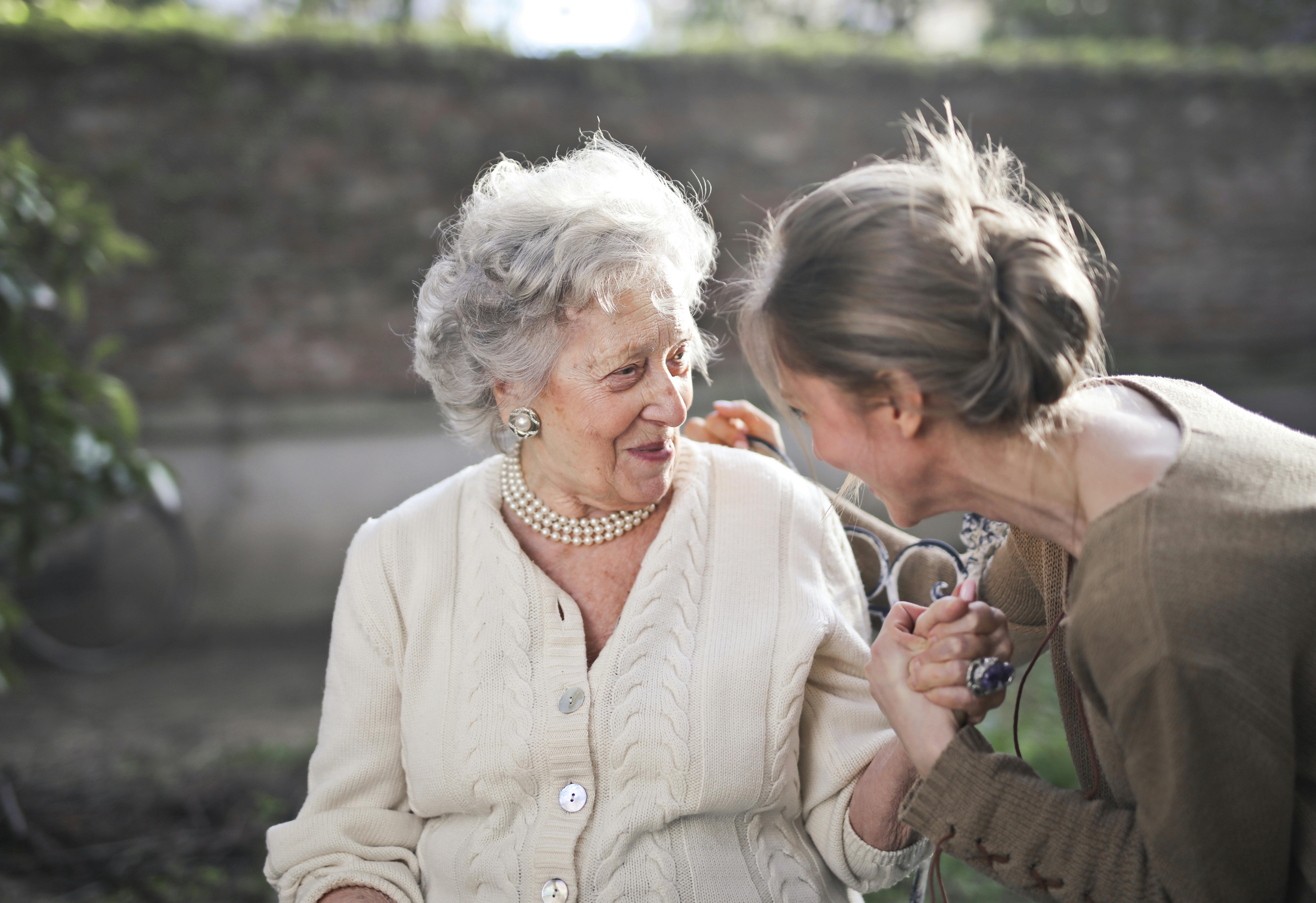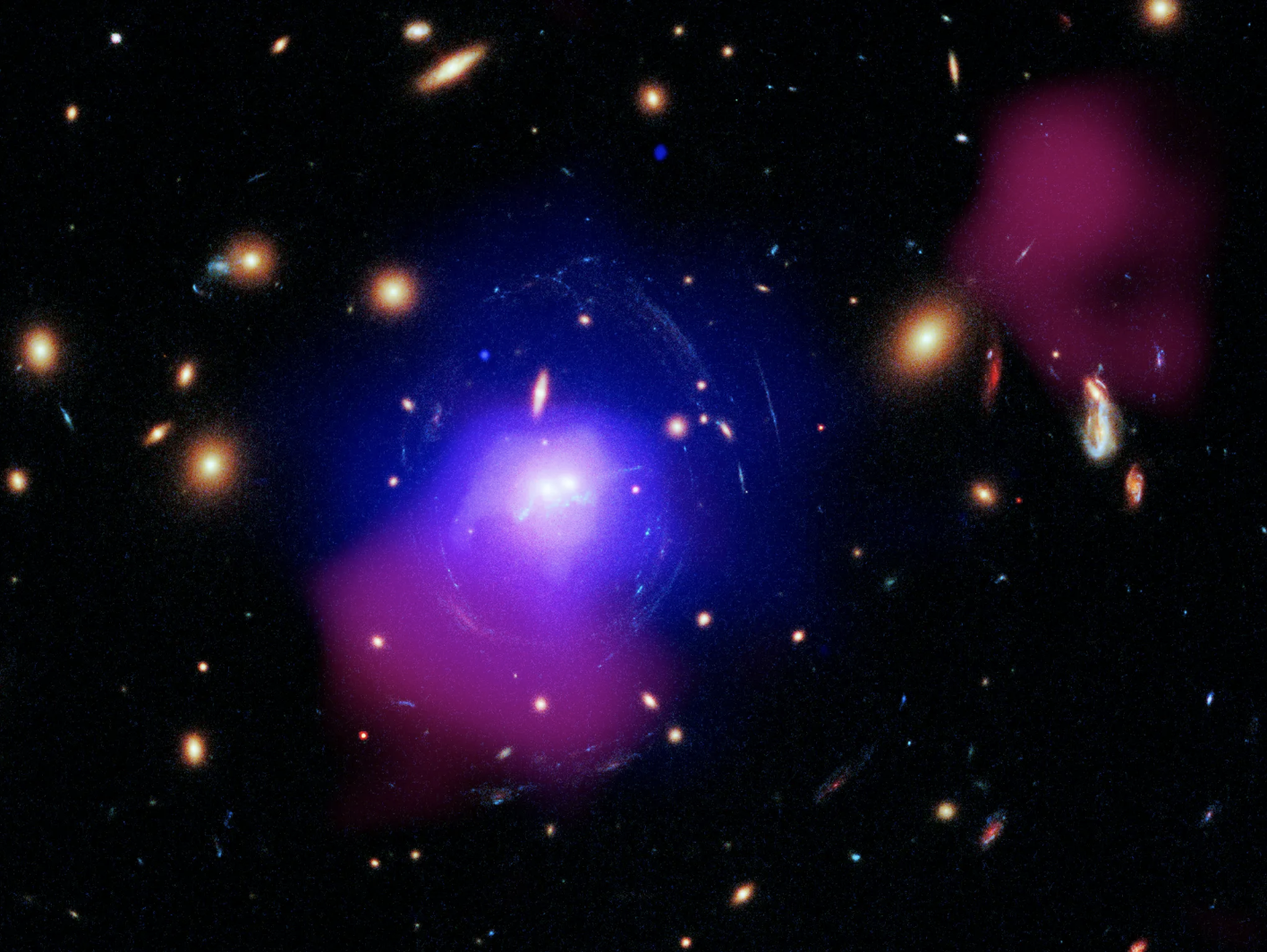People who have been infected with the common virus herpes are twice as likely to develop dementia, a new study claims.
Researchers looking at the herpes simplex virus type 1 (HSV-1), which causes cold sores and genital herpes, have found a strong link between the virus and dementia, including Alzheimer’s.
HSV-1 may appear as odd flare-ups and people may see it appear more than once. However, when someone contracts Herpes, it stays in their system, and doesn’t always display symptoms.
The long-term study, based in Sweden, followed more than 1,000 participants for 15 years, 82% of whom carried HSV-1 antibodies. People who had the virus were found to be twice as likely to develop dementia, according to the results.
READ NEXT: Bombshell dementia study finds puberty may play a part in developing disease
The study, published in the Journal of Alzheimer’s Disease, found the link occurred despite age and people with a variant of the gene APOE-4 – a strong predicting factor for the disease.
Scientists discovered those who carried a variant of APOE-4 were no more likely to show a decline linked to HSV-1 antibodies.

Erika Vestin, a medical student at Uppsala University, and co-author of the study, said: “What’s special about this particular study is that the participants are roughly the same age, which makes the results even more reliable since age differences, which are otherwise linked to the development of dementia, cannot confuse the results.
“More and more evidence is emerging from studies that, like our findings, point to the herpes simplex virus as a risk factor for dementia.”
Dementia, including Alzheimer’s, is believed to be caused by an abnormal build-up of proteins in the brain. There are early, middle and later stages of Alzheimer’s, with early signs being listed as memory loss, brain fog and poor judgement.
People who have been diagnosed with early-onset Alzheimer’s are typically aged between their 40s and 60s.
Alzheimer’s accounts for 60-80% of dementia patients, and more than six million Americans have the disease. 73% of cases are aged 75 or older, writes Alzheimer’s Association.
READ NEXT: AI can predict brain cancer patients’ survival in bombshell new study




